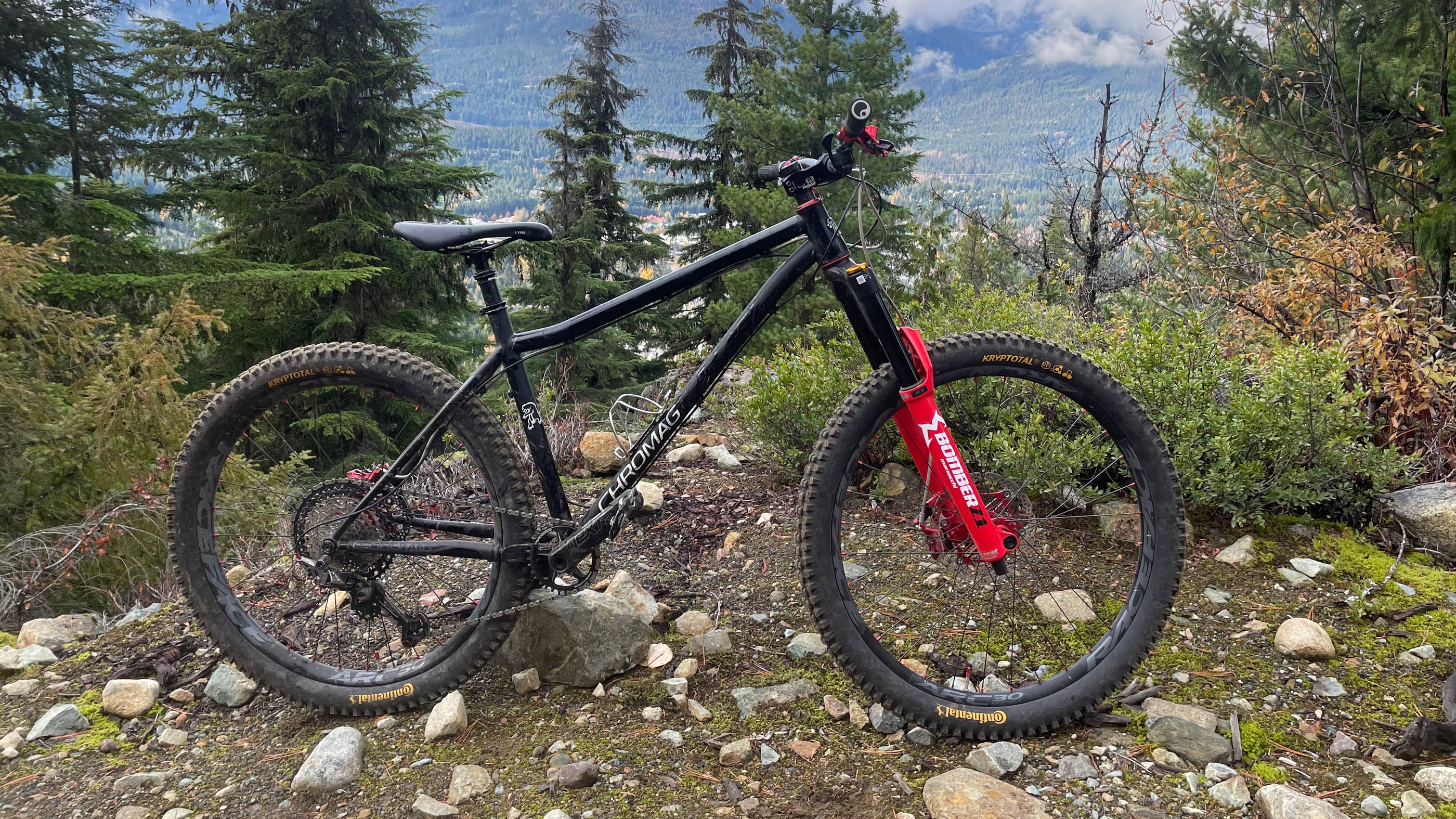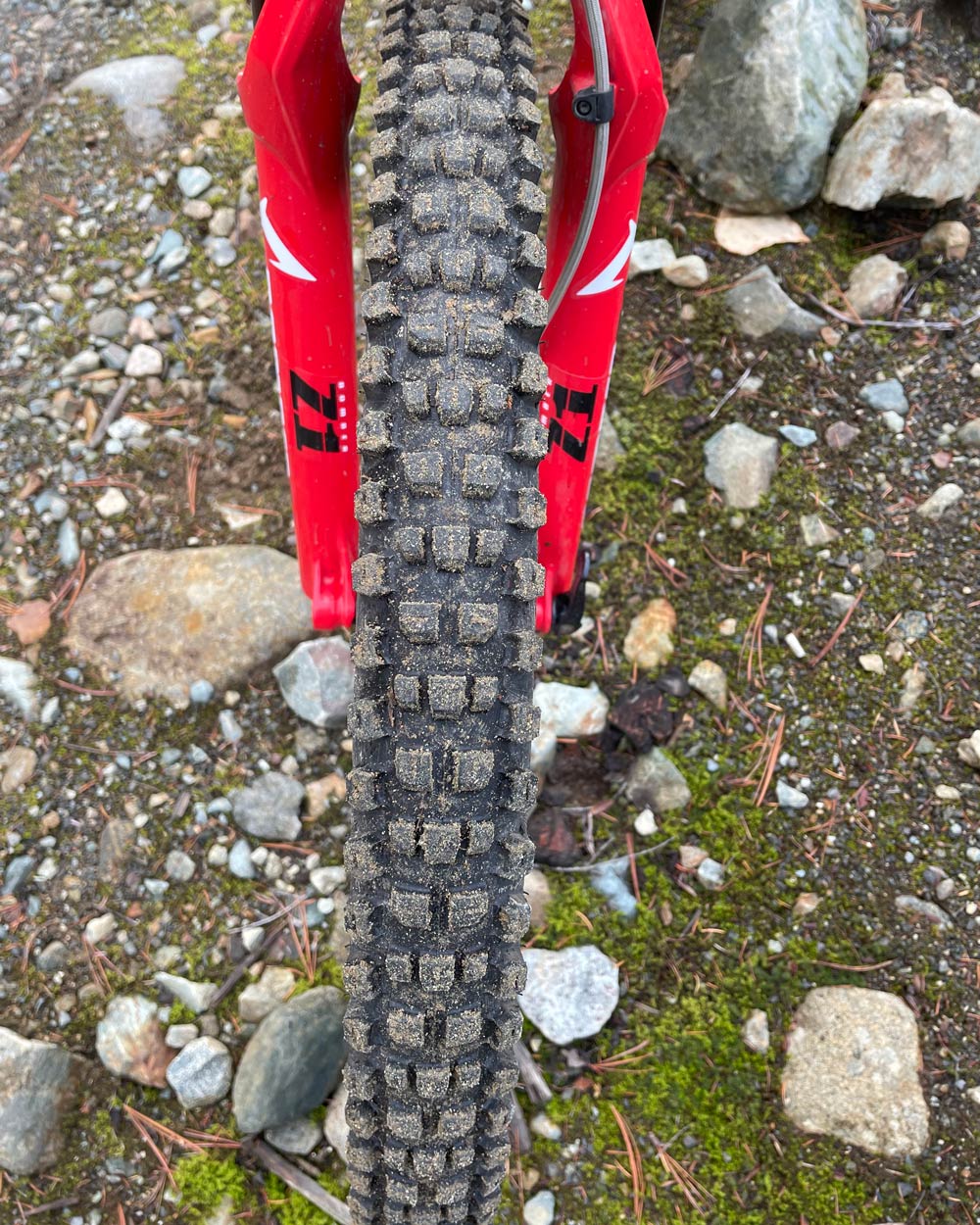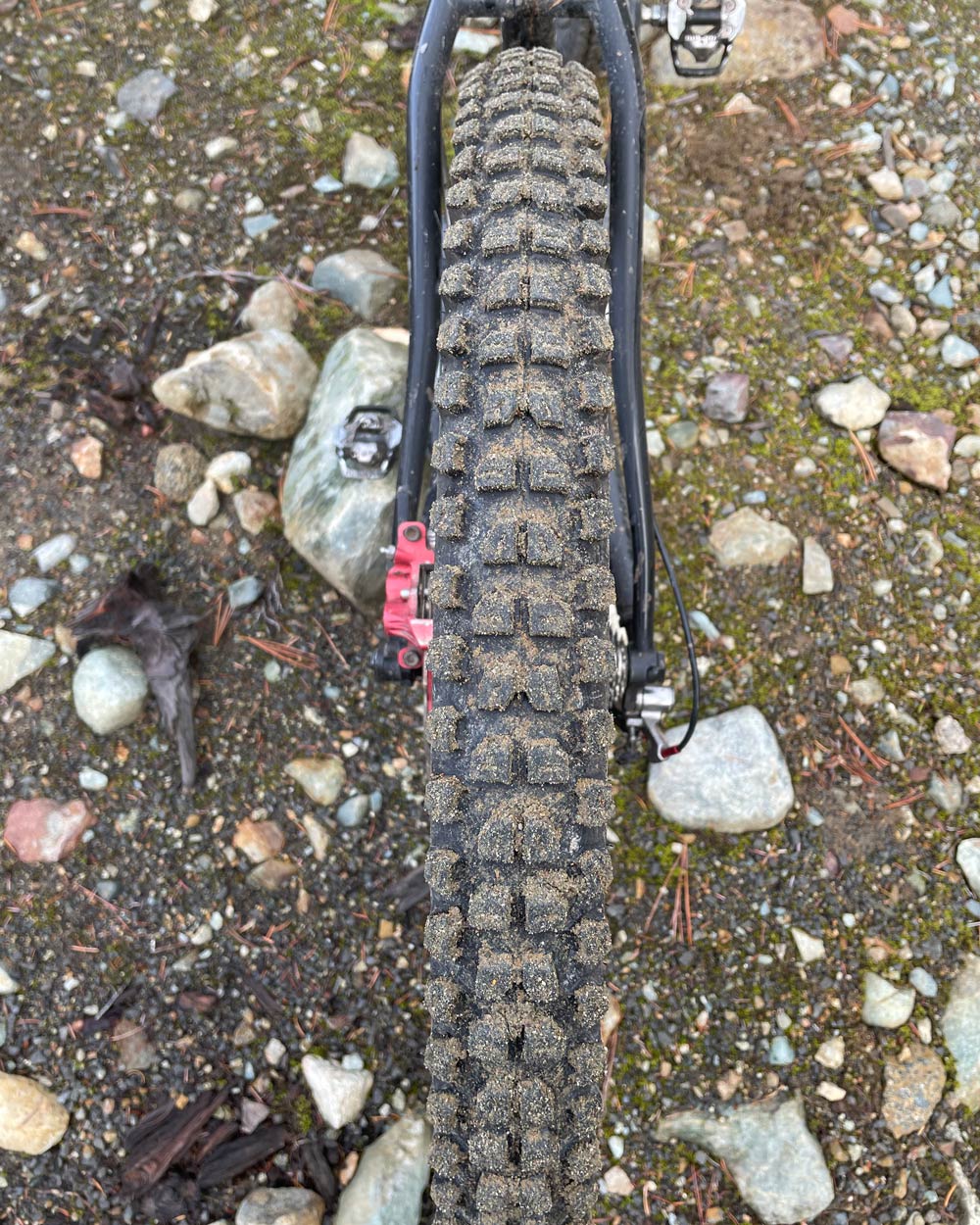
Reviews
Continental Kryptotal Tires Ride Review
Let’s start by suggesting a product name I can pronounce and remember.
All kidding aside, there is definitely a coolness factor in the name Kryptotal as a made up word – evoking some visions of Superman leaping a bike over a tall building with a single bound – or maybe a new advanced synthetic material. Alas, from my LBS gossip, the new tire naming was a result of potential woke marketing, or truthful realization that in many markets names like Der Kaiser and Der Baron may not resonate with all customers. The product line for Continental Tires was always a bit of a jumble, which along with my 1st World War nods in naming also had more straight forward tires such as Race King and Mountain King. Kings or Kaisers I guess. Well now we have multiple new lineages of tires including Argotal, Hydrotal, Xynotal (which I think is also a prescription I take for heartburn) and Kryptotal.
This past summer whilst perusing the isles of my LBS, with my typical Maxxis tires already under my arm, I saw this new line from Continental. I asked around the shop to the staff who I knew were solid riders or racers and who’s opinion I held in high regard, and there was some consensus – yup, give those new Conti’s a try. I think you’ll like them. These tires were replacements for my Chromag WideAngle. This bike is a ‘Whistler XC’ build and gets as much or more of my time on saddle than any bike I own. Tires are critically important for every bike, but for a hardtail I would argue even more so. I left the store with new Kryptotal Fr and Re in 27.5 x 2.4”. There was a mix of chemistry-looking symbols on the side of each, but I really jump bought what a salesperson at the store put in my hands.
Home with my tires, set up was pretty simple – and follows the same MO as any tubeless tire. Mounted on RaceFace ARC30 rims, the tires were slightly loose on rim (or rim maybe is a bit small). After a 2nd layer of rim tape they sealed up easily with my home compressor. The installation of the rear tire included a Cushcore insert. For my hardtail, after lots of trials and tribulations, I typically run a DoubleDown or stiffer sidewall tire with an insert and as low tire pressure as I can get away with. This provides me the best compliance in the rear of the bike without suspension, especially on the more solid square edge hits. Tire pressure is a very personal topic – but again on a hardtail bike, in Whistler, riding a variety of wet and dry, soil and rock, I tend towards lower pressures. I started about 18 psi front and similar or a bit lower in the rear.

How did they ride? The comparator here is always against a gold standard of Maxxis Assegai front and DHR2 rear in 2.5WT 3C MaxxGrip. Sometimes this Maxxis combo rolls slow, but is the regarded locally as the best for Whistler and area conditions. I had actually been running Schwalbe Hans Dampf with a soft Addix compound at 2.6” prior, so this was my real comparator. It was mid summer when I first tried the new Kryptotals, and the conditions at that time of year are soft powdery dirt and dry slabs dusted just perfectly to lose traction. Out of the box, the Kryptotals hooked up well climbing. I really have no further comment. Which is to say they connect for power transfer and uphill traction as good or better than any other tire combo I’ve run, including the gold star Maxxis’. On the downhills, I pushed them into corners, rolled roots, blew through dusty track and inched my way down silty slabs. I did notice that the 2.4” tire widths both front and rear were not as wide as the 2.6’s I had replaced. Duh. But this did make me ponder the 2.4 decision by Conti. While a 2.6” Krypotal Re is available, it is not similarly available in the Fr tire. This is a bit of a surprise and if anything I thought it would have been the opposite. The characteristics of a larger volume tire change all facets of how the tire rides. Contact patch, deformation, lug contact, and compliance (with pressure changes).

As others have commented, there is some convergence amongst tire manufacturers in the trail, enduro and DH categories around tires that kinda look like the Assegai/DHR2. The Krypotals are no different. Compare them side by side in a shop for yourself. In many respects the hook up of the tread and lugs was also familiar in feel. Predictable and no surprise moments when then give way or fold. The biggest difference I felt was the tackiness. I especially realized this as a bit less confidence on those dusty dry slabs. The Kryptotals never failed me, never put me on the ground, but I approached some features a bit more cautiously. Back to the chemistry lesson the side of the tire. Conti has realigned their treads, compounds and casings into visuals. Trail, Enduro and Downhill casings that would stack up to EXO, EXO+, DD and DH for Maxxis. Similarly Endurance, Soft and SuperSoft rubber compounds in lieu of the MaxxTerra, MaxxGrip, etc. And the Krypotal tread is their mixed terrain tire. After this long lesson, I looked at the sidewalls and figured out I was running an Enduro casing with soft rubber. But not SuperSoft. And perhaps this is the difference com my Assegai EXO+ 3C MaxxGrip which would be my go to front tire for trail riding. However, the Kryptotal is not available Enduro casing SuperSoft rubber compound.
It's all fine to ride around on a tire when it’s dry or even hero dirt conditions. But let’s roll the bike out when it raining and the roots and rocks are slick. The Pacific Northwest is renowned for its slippery trails, menacing with entanglements of roots that seem to be moving under your bike, and slabs that look more like architectural water features than anything else. Remembering my bit of hesitancy on these features in dusty bone dry conditions, I approached with caution when the fall weather turned wet. On one particular day, I was shown a new Ken Melamed (yes that same Melamed name and a well known trail builder in Whistler) trail. Ken’s trails are renowned for artistic rockwork and use of natural rock features (mostly left over from the last Ice Age). I knew the trail would test the limits of traction. Particularly on a hardtail, rear tire traction is a struggle as the wheel bounces around on rough surfaces. This is when the characteristics of compliance, rubber compound and tread pattern all come together – or don’t. I had an ear to ear grin as I exited the bottom of a particularly imposing rock slab feature, in the pouring rain, with both line and speed control. This was not the only trail I tested the tires on. Over the fall and into winter, I rode many ‘Darkside’ trails that regularly form part of EWS events. I never felt the tires failing me – although at times I pondered about if and how these stacked up to our collective gold standard. The fact that I did not have a definitive answer tells me that any performance differences are almost imperceptible.
With a full 6 months and many rides of all types on the tires, the single biggest thing that I’ve noticed about the tires…not a single tread knob is missing, nor pulled away, nor chunked or shredded or anything. The tires look as new. Over the years, I’ve used many different brands and styles of tires. Different compounds, casings, tread patterns. In my memory, I’ve never seen a tire withstand serious rigours of hard trail riding like the Continental Krypotal. That, perhaps, is the biggest reason to buy them!
Website: https://www.continental-tires.com
Dale is ambassador for local bike shop Corsa Cycles in Squamish, British Columbia.
